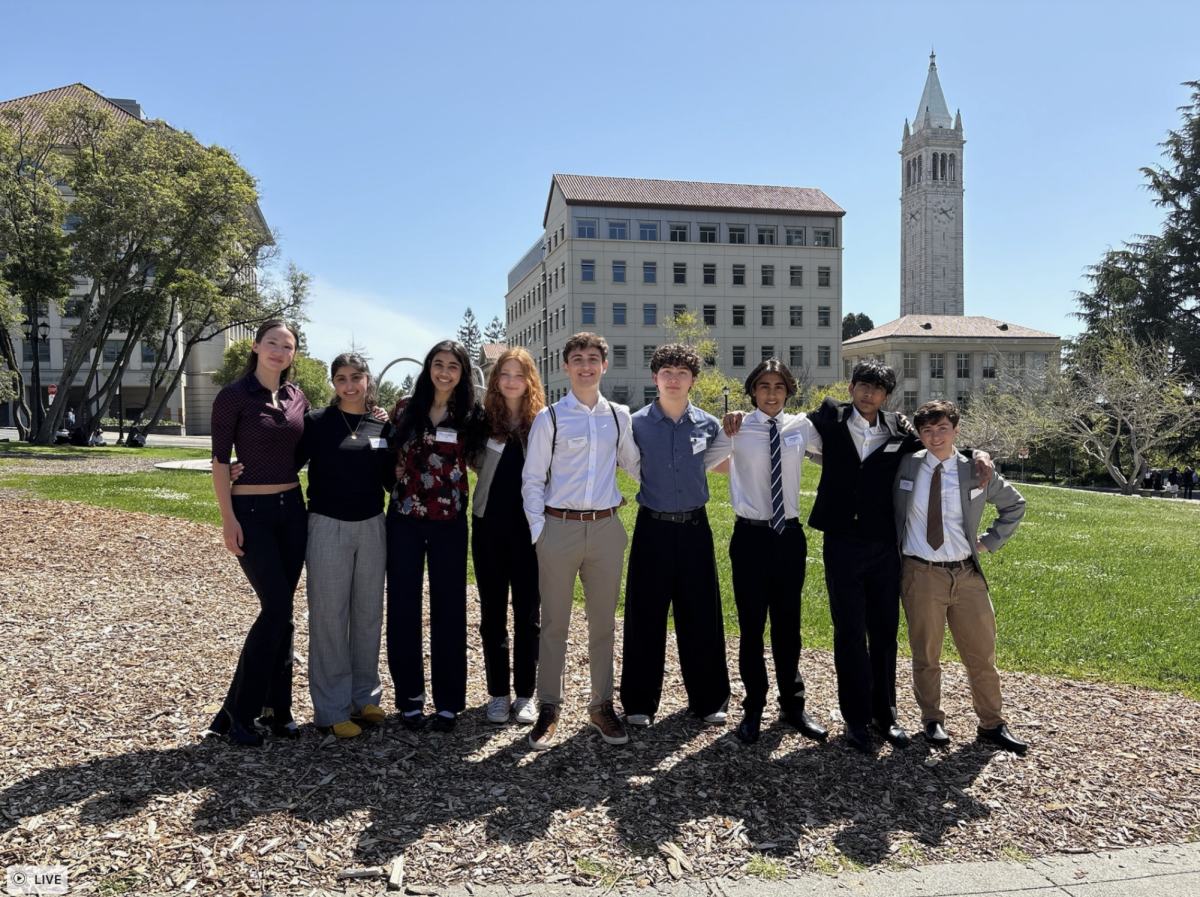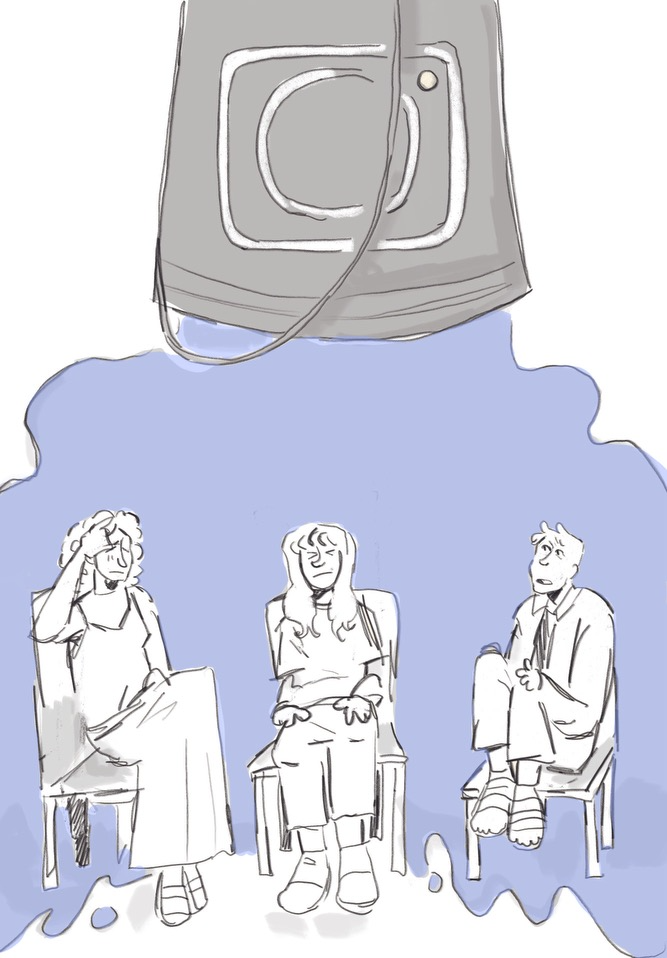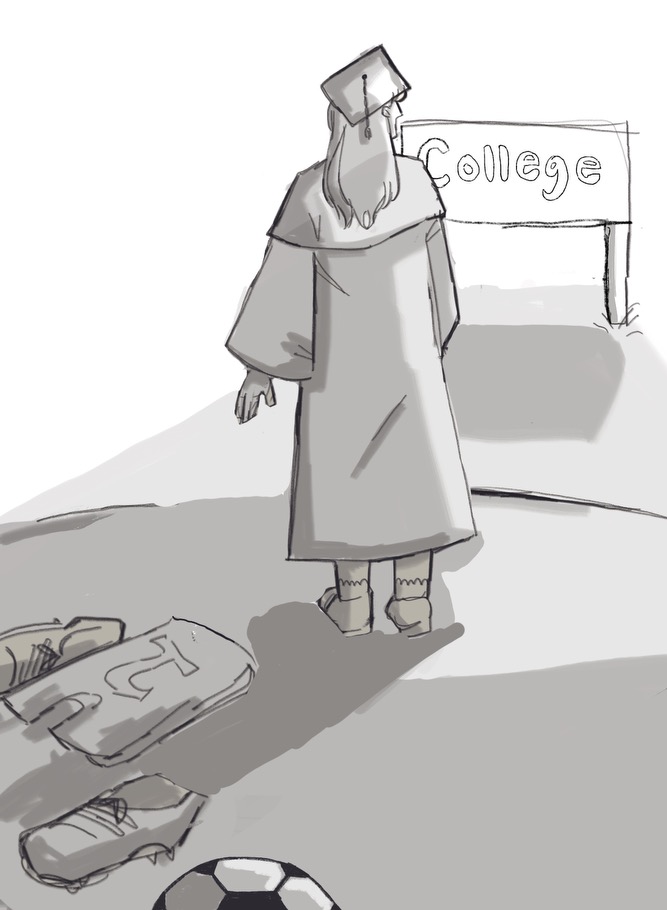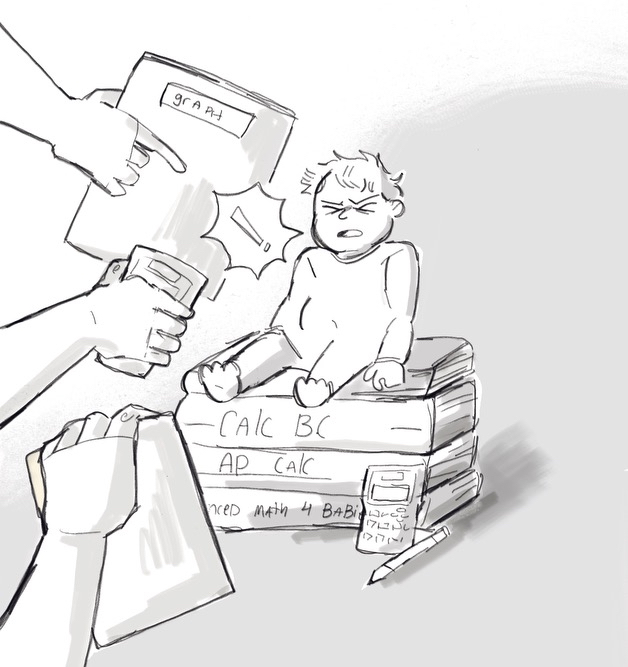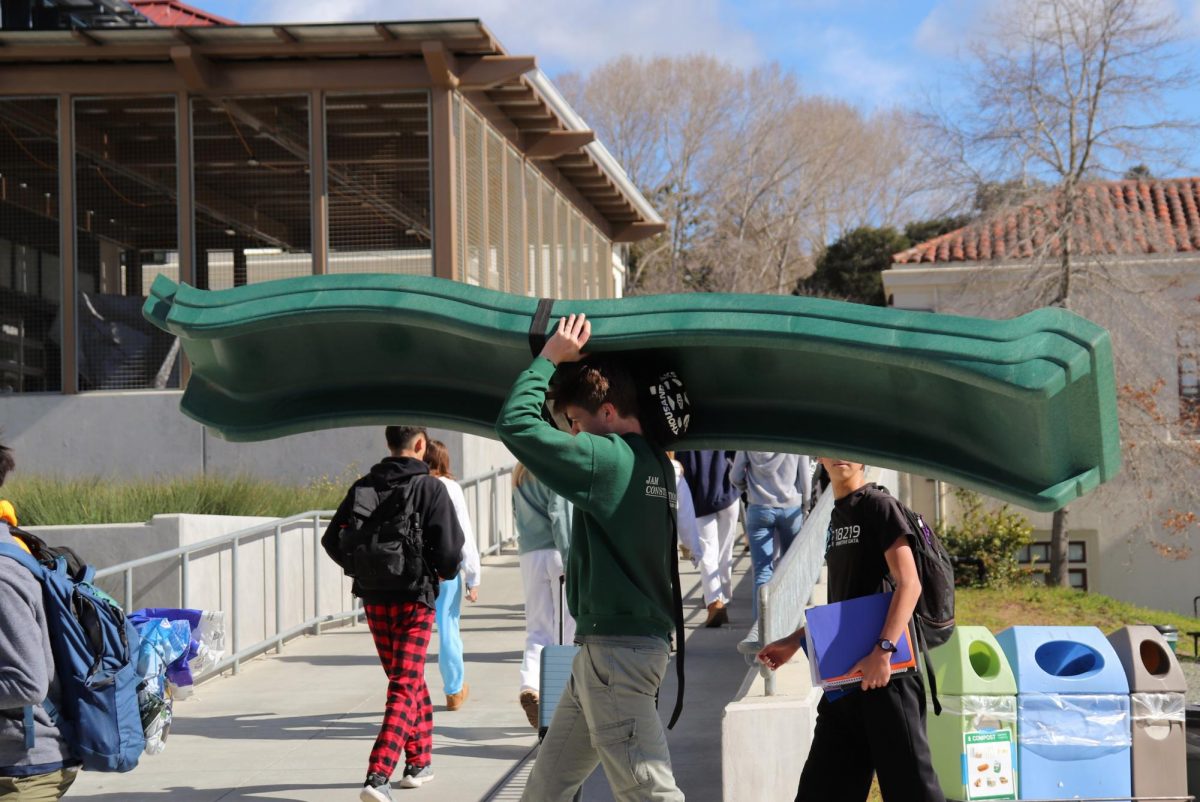TPH: What is your profession and background in finances?
I am an investment advisor to retirement plans and high-net-worth individuals. The [COVID-19] pandemic and the market volatility is the main topic of discussion with clients right now, in terms of what is happening, what they can expect, and how they should or should not react.
How do you think COVID-19 will impact bigger and smaller businesses?
There has been widespread impact. We are seeing immediate effects on airlines and the hospitality industry, [such as] hotels and travel-related industries. Restaurants and bars are really suffering. A lot of the restaurants around here have had to close their doors. Also, nonprofits and performing arts activities are suffering. This situation is impacting businesses of all sizes and in many different industries, from retail to service industries to manufacturing to performing arts, professional sports, and entertainment.
How do you think the virus is impacting factory output in highly affected countries, such as the US and China?
Surprisingly, the manufacturers in Wuhan, China that shut down last month are starting to come back online. [The shutdown] was not as long-lived in Wuhan as I feared it might be. This is unprecedented to have such a worldwide impact from a pandemic. We live in an increasingly globalized economy where manufacturing interruptions in one country can have a tremendous effect on companies in other countries. 
We are experiencing a break in the manufacturing supply chain, and our government doesn’t have as many tools to help a suffering economy in that situation. If [there are] credit and monetary issues, the Federal Reserve can ease its monetary policy and loosen up the money reins, essentially, and pump money into the economy to help the situation that way.
But it’s [different for] a supply chain break. For example, Apple depends on manufacturers in China for some of its parts, and those facilities are closed. The good thing is that the biggest companies [like Apple] are very globalized, [so they] are in a better position to respond and to manage this situation because they have multiple manufacturing locations. A closure in one location may slow down production, but it’s not going to bring it to a grinding halt.
But small or midsize companies might only have one manufacturing facility in one region. If that whole region is out of commission, that’s going to have a very big impact on that company. But on the plus side, as I said, some of those manufacturing facilities are starting to come back to life. It was a fairly short lived shutdown [in Wuhan], and the hope is that that will be the case elsewhere as well.
How have you seen COVID-19 impact investments in stocks and bonds? How do you think the virus will continue to impact investing?
The stock market has tumbled quite precipitously since [the COVID-19 outbreak] started. [The Dow Jones Industrial Average] was over 29,000 when this pandemic began to gain attention, and now it’s under 20,000. So we have experienced very big, and more importantly, very sudden losses.
Investors are very panicked. I think investors that have experienced this kind of volatility before in 2001-2002 and 2008-2009 are taking it a little better than those who have never experienced this before. What I’m finding in my retirement plans is that the people who are under age 30 have always made money on their investments because they’ve only been investing for the last ten years, and the stock market has been going almost straight up over the last ten years. This is their first experience with uncomfortable market losses, and they don’t know how to handle it.
I have received some calls from panicked investors who are young. I’ve also received calls from panicked investors who are within the last few years before they plan to retire. They’re seeing their retirement balances rapidly declining and are getting worried about what that might mean for their ability to retire. And of course there’s everyone in the middle, who are uncomfortable with this but hopefully are able to maintain a long-term perspective and realize that if they are 10 to 20 years away from retirement, there is still plenty of time for the markets to recover.
How do you think this virus is impacting families in Piedmont?
I’ll speak from my own personal situation. I am still paying [my house cleaners] even though they can’t work for us right now because I recognize the impact this shelter-in-place order has on them. [In Piedmont], one of the significant ways in which people will feel [the impact from COVID-19] is with their various personal service providers.
I also think of parents with young children. My children are older and so they are pretty self sufficient to do their school work and keep themselves busy while my husband and I work. But for households that have young children, this is really putting a lot of pressure on [the parents] because they’re trying to work from home and take care of their children. [Younger children] really do need supervision and structure. I’ve heard from friends in other communities that are working from home but they are supposed to be homeschooling their kids as well, and so it’s a lot to manage. [On the other hand] the senior citizens in Piedmont are having to take extra precautions and limit their contact with others. And of course, many people in Piedmont have money invested in the stock market. So they are feeling the financial effects there as well. I think this has had a very real day to day impact on every household in some way.
Finally, how do you think you could see traditional jobs changing because of COVID-19?
I think this is causing people to realize how important it is to be able to go mobile. If this happened five years ago, this would have been much more difficult for many smaller companies to manage. But now it is very easy because companies have their files in the cloud and a lot of systems are web based. [However,] not all [businesses] are at that point. And I think any [business] that is not at that point is experiencing a really big wake up call. This is a good long-term test of all business continuity plans. It will probably end up converting some people to start working from home more on an ongoing basis. It is nice not to spend an hour or two a day commuting.
Looking ahead, I’m not going to make a forecast as to how long I think this could go on, but my belief is that most of the stock market damage tends to happen towards the beginning of an event like this. Once life begins to revert to normal, and we come out of the shelter in place order, and the social distancing rules are relaxed, people will start to feel more at ease. The stock market is very reactive to emotions. As soon as people started to panic about this pandemic, that’s when you felt the stock market really reacting.
Some people are going to move into other industries because their industry may have dried up and it may be too hard for them to get back into the same business in a post-pandemic era. This pandemic has put a big stress on the community, the country, and the world, but we will come through this experience.


